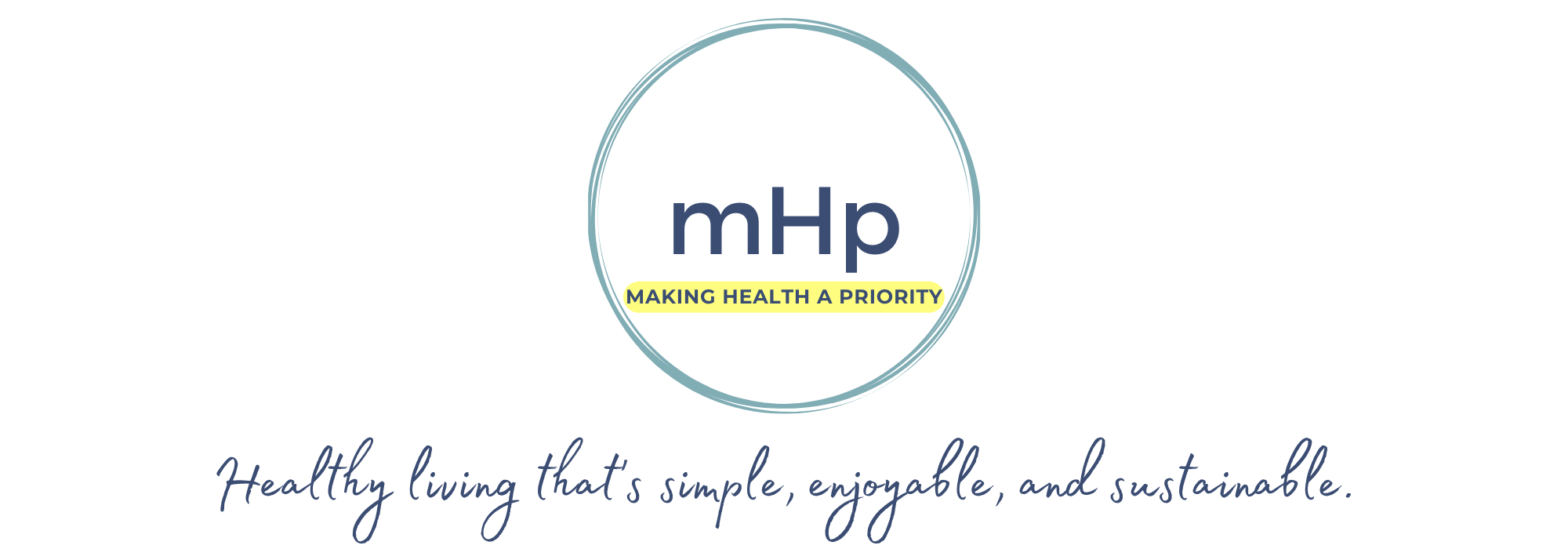How to Change a Bad Habit
Photo by adrian825/iStock / Getty Images
Habits are interesting. We form habits because:
Our brains like to conserve effort.
Our brains like rewards.
Our brains like to conserve effort.
In his book The Power of Habit, Charles Duhigg explains that, “Left to its own devices, the brain will try to make almost any routine into a habit because habits allow our brains to rev down more often. This effort-saving instinct is a huge advantage.”
Thanks to habits, we don’t have to constantly think about common behaviors (such as walking, talking, eating, reading, writing, driving, etc.). Habits help us by freeing up mental space, allowing us to devote energy to other things.
But habits also hurt us. Sometimes these instinctive, automatic behaviors are not in our best interest. When it comes to health, some common examples include:
Eating unhealthy food
Overeating
Inactivity
Smoking
Drinking alcohol in excess
Not getting enough rest
Photo by Katarzyna Bialasiewicz / Getty Images
Most of us are aware that these behaviors do not promote good health. In fact, most of us have probably experienced negative consequences from such behaviors. (I certainly have.)
Why, then, would our brains lead us to do activities that are bad for us?
It’s because the brain recognizes powerful short-term rewards in these activities, and it likes to turn these “beneficial” activities into automatic behaviors.
Our brains like rewards.
If you’ve ever tried to change a bad habit, you’ve probably thought a lot about the negative consequences of that habit. But have you considered the many “rewards” your brain recognizes in these activities?
Take the habits I listed above. These are some of the “rewards” that our brains recognize:
Overeating / eating unhealthy foods:
Tastes good
Energy (at least in the short-term)
Numbs emotions
Alleviates boredom
Convenience (Grabbing fast food is less work than preparing something.)
Social aspect (an activity to enjoy with friends or loved ones)
Inactivity:
Rest (conserved physical energy)
Accomplishment, getting our work done (since a lot of work is sedentary)
Entertainment and escaping the real world (with TV, phones, and computers)
Social aspect (texts, emails, social media)
Smoking:
Calming
Eases boredom
Social aspect (smoking breaks)
Drinking
Decreased anxiety (in the short-term)
Decreased inhibition
Happier mood (for some)
Social aspect (enjoying with others)
Staying up too late
A time to do things you enjoy (“me” time)
A time to get things done
Social aspect (if out with others)
The Anatomy of a Habit
Duhigg explains that at the core of every habit, there is a loop consisting of three parts:
A cue – a trigger that prompts the behavior
A routine – the behavior itself
A reward – satisfies a craving (recognized by the brain as a benefit)
By understanding the “anatomy” (if you will) of a habit, we gain awareness of how our habits work. Awareness is the first step in creating positive change.
Changing a Bad Habit
If we want to reshape a habit, Duhigg recommends the following framework:
Identify the components of your habit loops. (The cue, routine, and reward.)
Experiment with rewards. (Is there something else that can satisfy that craving?)
Isolate the cue. (Consider your location, the time, your emotional state, other people, and events preceding the action.)
Develop a plan. (Plan for the cue and choose a different behavior to satisfy the craving.)
For a quick, super-practical read that explains this framework in greater detail with examples, I recommend this resource on Charles Duhigg’s website. This infographic is also helpful.
Final Thoughts
Our habits work against us when they are based on short-term rewards that hurt us in the long run. Yet the good news is that we have the power to change them!
I'm not saying this is easy. The great things we achieve in life rarely are.
Achieving greatness in any area of our lives takes a commitment to:
Recognize what we truly want (long term, not in the moment).
Believe we can achieve it. (I mean really believe it.)
Step away from what is easy (those things that keep us stuck).
Be intentional in our actions.
Give our best effort.
Learn from our weaknesses and mistakes.
Keep trying when we mess up.
I hope this post helps you to gain a better understanding of habits in order to create positive change in your own life.
To dig deeper on this topic, check out The Power of Habit! It's a great book that has certainly changed the way I approach my bad habits. :)
I would love to hear from you! Please share your thoughts and feedback. You can leave a comment below or on Facebook!
This post was originally published on October 16, 2017.




Thanks for checking out my blog! To learn a bit more about me, click here. If you would like to join my email list, you can subscribe here. You can also "like" the Making Health A Priority Facebook page by using the icon at the bottom of this page. Wishing you the best on your journey to better health!
Kiley Owen, PA-C